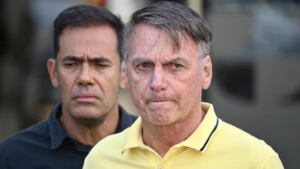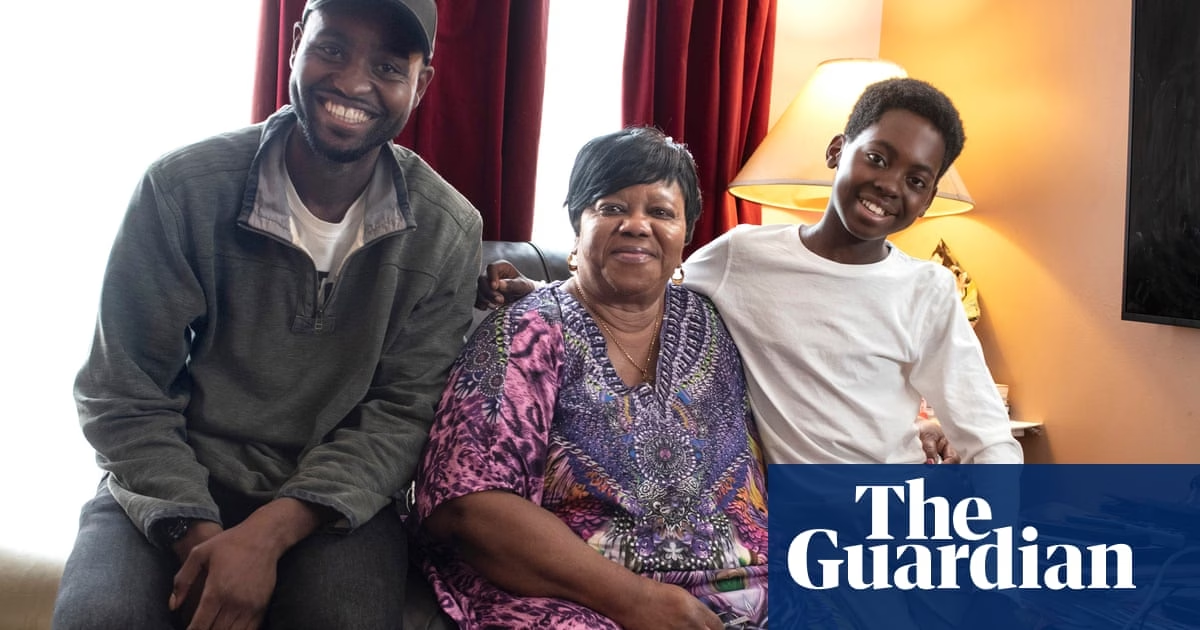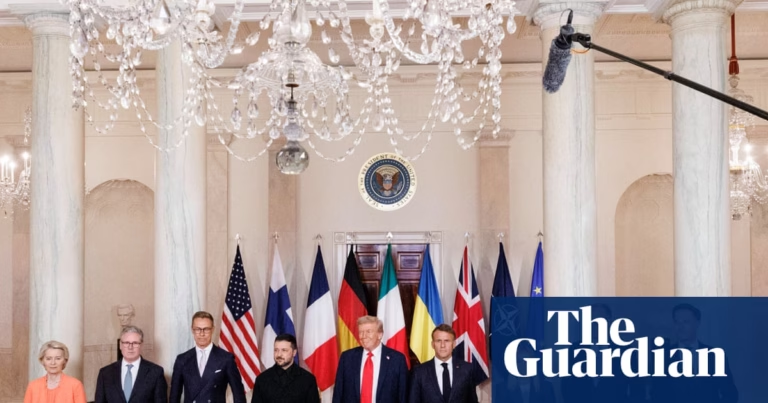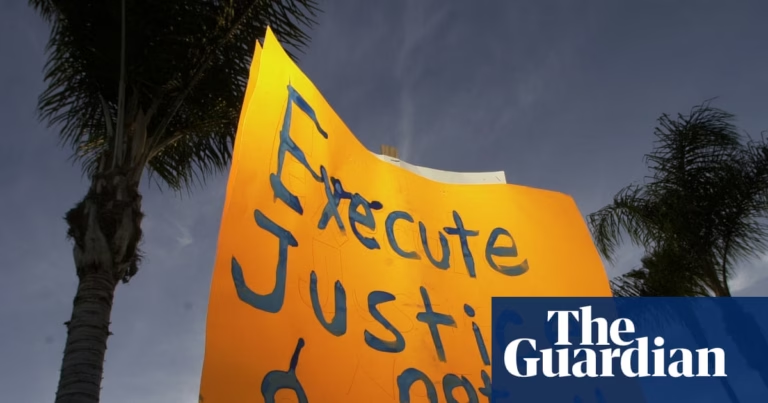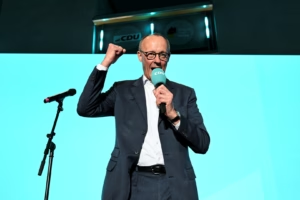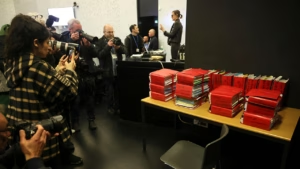Thousands of Children in England Falsely Accused of Witchcraft: New Figures and Film Highlight a Global Issue
Recent statistics reveal that over the past decade, thousands of children in England have been wrongfully accused of witchcraft. These figures, provided by the National FGM Centre, indicate that since 2015, there have been 14,000 social work assessments connected to witchcraft accusations, with 2,180 such assessments in the year leading up to March 2024.
This disturbing phenomenon is not unique to England; faith-based abuse, including accusations of witchcraft, is a global issue. The statistics underscore the importance of addressing this serious concern.
The release of the film “Kindoki Witch Boy” on Monday sheds light on this critical issue. The film tells the story of Mardoche Yembi, a man who was accused of witchcraft as a child while growing up in north London and subjected to an exorcism. This film’s release also coincides with the 25th anniversary of the tragic death of Victoria Climbié, an eight-year-old girl who died after being tortured due to accusations of witchcraft.
Yembi hopes that the film will encourage children who are suffering from similar abuse to come forward. He shares his belief that such stories could offer solace and a sense of not being alone to those experiencing comparable injustices.
“If a story like Kindoki Witch Boy had been out there when I was a child going through those experiences, I would have felt less alone,” Yembi stated. “I want this film to transform something that was bad into something good, to help other children going through the same thing. I hope children who are being accused will see that there is help out there and they can survive it.”
The film explores various terms used to describe the type of witchcraft Mardoche and Victoria were accused of, such as ‘djin’, ‘juju’, and ‘voodoo’. Victoria Climbié’s story, in particular, is a stark reminder of the horrific consequences of such accusations. Brought to the UK by her great-aunt for a better education, Victoria endured extreme abuse before her tragic death in 2000. Her great-aunt, Marie-Thérèse Kouao, and her partner, Carl John Manning, were convicted of her murder, which highlighted significant failures in child protection services.
Yembi and Victoria’s stories, though different in outcome, both underscore the danger posed by witchcraft accusations. Yembi, originally from the Democratic Republic of the Congo, was sent to the UK to be cared for by relatives following his mother’s death. He faced accusations from his extended family, who sought to return him to DRC for an exorcism. Unlike Victoria, Yembi did not suffer physical abuse but found support and care with a foster mother provided by social services.
The film, directed by Penny Woolcock, features a mix of professional and non-professional actors and aims to bring attention to these hidden struggles, encouraging victims to seek help and highlighting the broader societal issues that need addressing.
Yembi, deeply moved by the project, dedicated part of the film to Victoria, seeing it as a tribute to her memory and a means to continue the conversation about child protection and the dangers of witchcraft accusations.
